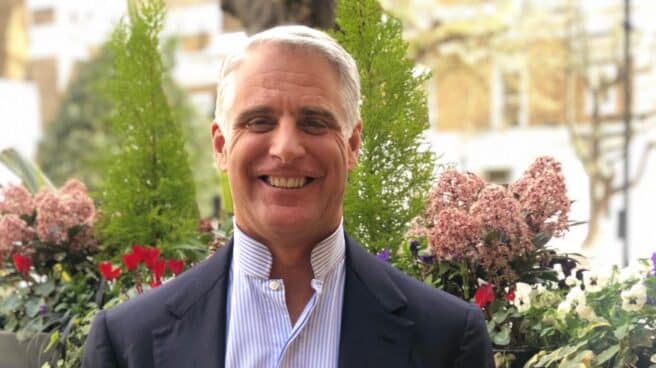

Andrea Orcel has been named the new CEO of UniCredit.
The provincial court of Madrid reduced from 10 to 2 million euros the compensation for non-pecuniary damage that Santander must pay to the Italian banker Andrea Orcelpartially upholding the appeal filed by the bank against the decision of the Court of First Instance No. 46 of Madrid.
In a judgment of 20 January, the court granted the Banco de Santander’s appeal in part and set aside the decision on the late payment penalty, which should be understood to apply only to the award of €17 million awarded by the court.
The dispute between the banker, currently the CEO of Unicredit, and Santander began in the summer of 2019 when the Italian sued the bank for canceling his hiring earlier that year, causing him to leave his senior position at UBS. Efe says.
Orcel accused the organization of violating the contract, which it does not recognize, however, since it is subject to various requirements that were subsequently not met; In addition, he assured that the Italian recorded private conversations without consent.
While there is compensable non-pecuniary damage in the case, Orsel’s explanation is “subjective and incidental”, insufficient to justify such a “high” amount.
The court initially approved Orcel’s compensation of around €68 million, later reduced to €51; Of these, 17 related to corporate bonuses; 18.6, for long-term promotions; 5.8 for two years of salary and 10 million as compensation for moral and reputational damage.
The court now reduces that 10 million to 2 million, realizing that while there is compensable moral damage in the case, Orsel’s explanation is “subjective and incidental” and not sufficient to justify such a “large” amount.
Less, the sentence indicates, given the large financial compensation that will be received as a result of the unjustified termination of the preliminary contract; Moreover, the arguments reproduced “will not be aimed at redressing the moral damage itself.”
For this reason, the Court considers it “more proportionate” to award compensation of 2 million euros, since “nothing more substantial has been demonstrated to enable us to assess the particular gravity of Orcel’s personal or professional situation, since they did not contribute, for example, to “news in the media criticizing him or questioning his abilities, psychological treatment, or major changes in his family life.”
Similarly, the Court recalls that the calculation took into account “that the unemployment situation lasted for a relatively long period of time, although he had some compensation when he received deferred remuneration from UBS”.
Source: El Independiente